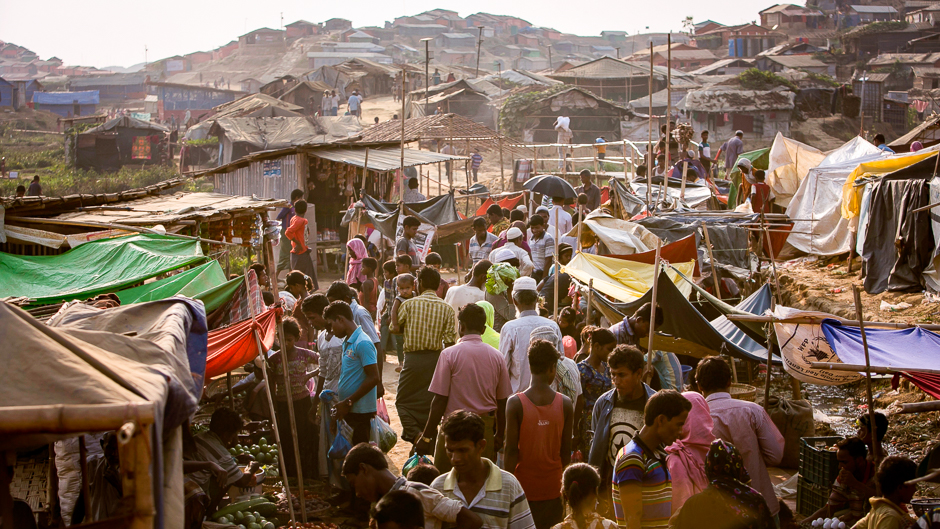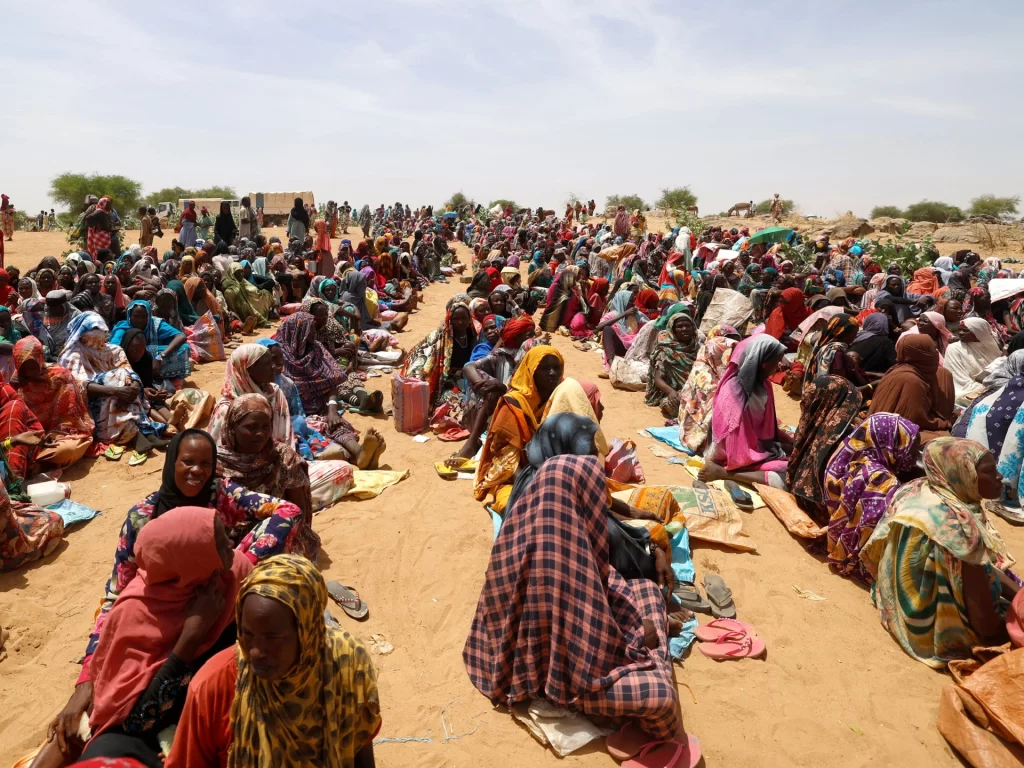Today, on World Refugee Day, we come together to honor the unwavering resilience of the 250,000 refugees and asylum-seekers who have found sanctuary in Tanzania.
This East African nation has opened its arms to those fleeing conflict, persecution, and instability, providing a safe haven for people from various countries, including Burundi, the Democratic Republic of Congo (DRC), Comoros, Eritrea, and beyond.
Tanzania’s commitment to hosting and supporting refugees has earned it a well-deserved reputation as one of the world’s most generous refugee-hosting countries. Tanzania’s geographical location makes it a natural destination for individuals seeking safety and protection.
Sharing borders with several volatile regions, including war-torn Burundi and the DRC, Tanzania has become a beacon of hope for those forced to flee their homes due to violence, political turmoil, or other threats.
Despite the challenges this influx presents, Tanzania has shown incredible compassion and resilience, prioritizing the needs and rights of refugees and asylum-seekers.
Since gaining independence in 1961, Tanzania has consistently upheld its commitment to offering refuge to those in need.
The country has adhered to international humanitarian principles and agreements, providing access to asylum procedures, protection, and basic services for refugees and asylum-seekers.
The government, in collaboration with international organizations such as the United Nations High Commissioner for Refugees (UNHCR) and various non-governmental organizations (NGOs), has worked tirelessly to ensure the well-being of those seeking sanctuary.
In addition to its compassionate response to the arrival of refugees, Tanzania has implemented innovative strategies to support their integration and self-reliance. Through various programs, refugees are provided with opportunities for education, vocational training, and livelihood initiatives.
These initiatives not only empower individuals to rebuild their lives but also contribute to the local economy, fostering social cohesion and mutual understanding between refugees and host communities.
Furthermore, Tanzania’s approach to hosting refugees goes beyond providing immediate assistance. The government has taken significant steps to enable long-term solutions, such as voluntary repatriation, local integration, and resettlement to third countries for those unable to return home.
By collaborating with international partners and engaging in dialogue with the countries of origin, Tanzania actively seeks durable solutions to displacement. It is crucial to recognize the challenges faced by Tanzania as a refugee-hosting country.
The strain on resources, infrastructure, and social services is immense. Nevertheless, the Tanzanian people have consistently demonstrated compassion, resilience, and a commitment to upholding the rights and dignity of those seeking refuge within their borders.
On this World Refugee Day, it is essential to amplify the voices of refugees and asylum-seekers in Tanzania and around the world. Their stories of courage, resilience, and hope remind us of the shared responsibility we have to protect and support those forced to flee their homes.
It is a reminder that the international community must continue working together to address the root causes of displacement, promote peace and stability, and ensure that countries like Tanzania are not left to shoulder the burden alone.
As we reflect on the lives of the 250,000 refugees and asylum-seekers residing in Tanzania, let us celebrate their strength, honor their journey, and reaffirm our commitment to a more inclusive and compassionate world.
Today, and every day, we stand in solidarity with refugees, acknowledging their inherent dignity and their immense contributions to societies they now call home.
For more Opinion articles, read here.


